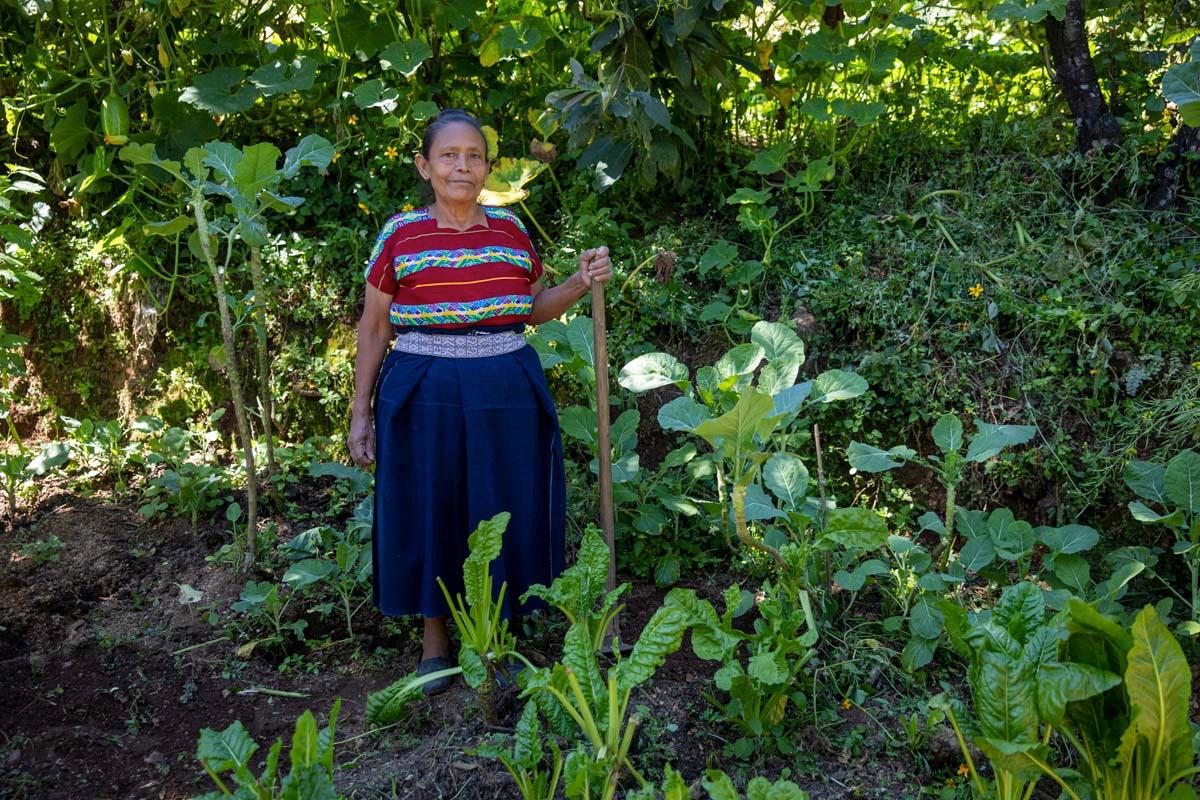Climate Justice
In recent years, the devastating impact of climate change has become ever more apparent—with widespread and overwhelming consequences to our ecosystems, weather patterns and human lives. Human activities like deforestation and burning fossil fuels have caused a rapid increase in greenhouse gas emissions. This has resulted in rising global temperatures, more frequent and extreme weather events, and disturbances to our ecosystems and biodiversity, posing a threat to food and water security. Often, those who contribute the least to climate change are the ones who suffer the consequences the most.
As God’s people, and recognizing the urgency of the situation, our responsibility to care for creation is evident.
The Presbyterian Church states in Living Faith, we confess, “We are not owners, but stewards of God’s good earth. Concerned with the well-being of all of life, we welcome the truths and insights of all human skill and science about the world and the universe. Our stewardship calls us to explore ways of love and justice in respecting God’s creation and seeking its responsible use for the common good.”
By addressing climate change directly and taking intentional measures to mitigate its effects, we fulfill our duty as stewards and contribute to a sustainable environment, ensuring a healthier and more secure present and future for all.

PWS&D’s Response to Climate Change
In collaboration with local partners, communities and coalitions, and as a part of our strategic plan, PWS&D strives to develop and implement projects that address the immediate effects of climate change and work towards long-term solutions that improve communities’ capacity to recover from environmental events. PWS&D is dedicated to implementing sustainable solutions that mitigate environmental impacts and enable individuals and communities to adapt to the changing climate.
In Africa, we work with local partners to support capacity-strengthening workshops on climate change topics, such as developing climate resilience and community-led climate justice actions and advocacy. PWS&D also supports local farmers through training in conservation agriculture, equipping them with the knowledge and skills necessary to increase their resilience to the impacts of climate change. With the ecumenical ACT Canada forum, PWS&D is supporting a locally-led climate fund that is working to build and strengthen climate change interventions, while investing in local institutional and organizational capacity for climate advocacy and involving local communities in policy and planning processes. Working with ACT Alliance forums in Ethiopia, Kenya, Uganda and Zimbabwe, this fund helps:
- With natural resource management and climate advocacy activities, such as rehabilitation through the planting of indigenous tree species
- Provide training to individuals on climate concepts, processes, and their complexities, which lead to community-led climate adaptation and resilience-building efforts.
In Latin America, through the efforts of local partners, innovative programming enables farm families to enhance crop yields and diversify their agricultural practices. Through these initiatives, farmers and communities build resilience to the impacts of climate change while fostering sustainable environmental practices. This includes teaching farmers soil conservation methods and promoting agricultural practices that demand less water, seed, and fertilizer.
In Asia, where the impacts of climate change are often felt through natural disasters such as droughts, PWS&D is helping families train on ‘climate-smart’ agriculture to help ensure farmers can still grow crops despite the climate challenges and provide their families with food and an income.
These initiatives are aided by collaborative work through PWS&D’s memberships at the following networks and coalitions:
Watch the Loss and Damage webinar to understand the role of churches in fighting for communities who are losing their homes, livelihoods and culture to climate change.